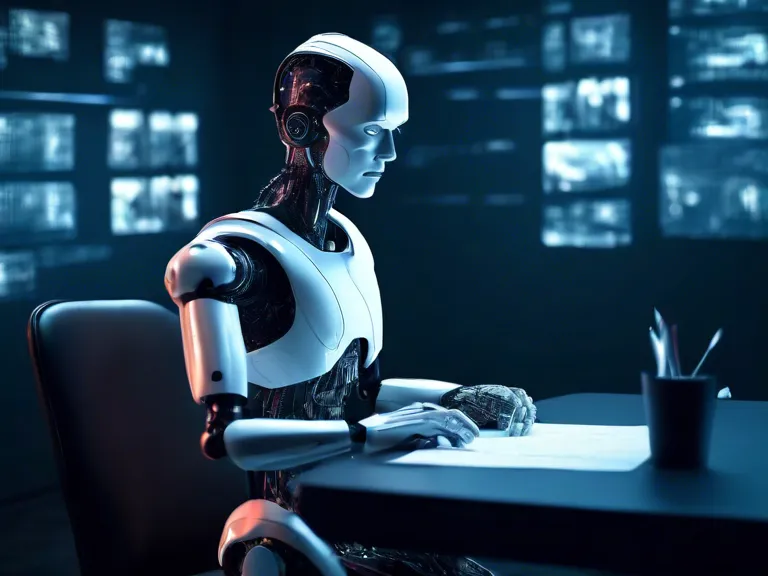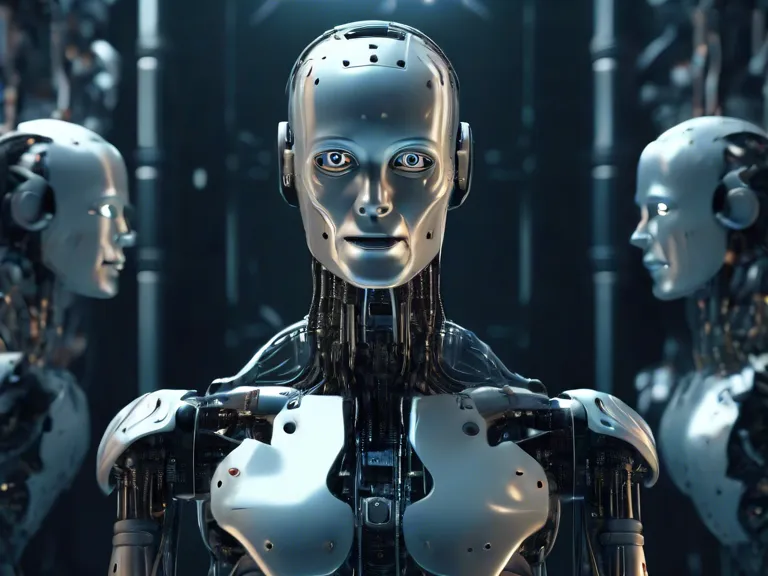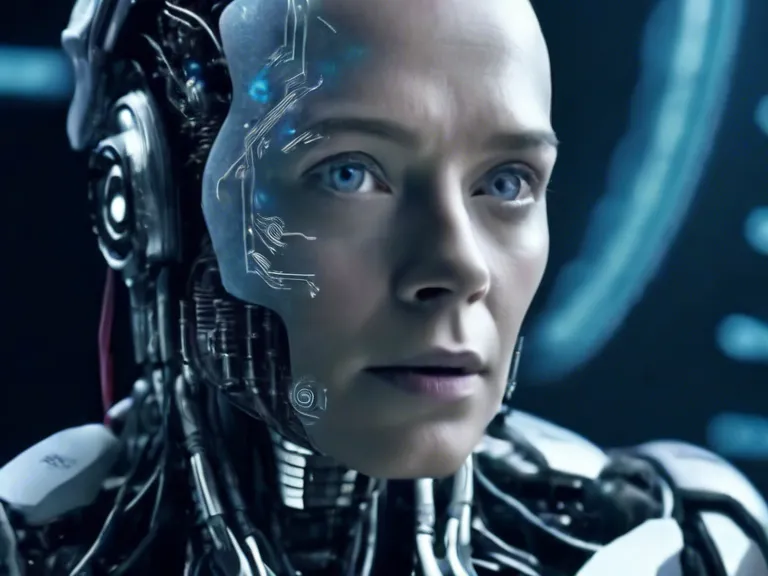
In today's rapidly advancing technological landscape, the role of artificial intelligence (AI) in various industries cannot be ignored. The world of cinema and screenwriting is no exception to this trend, as AI continues to make significant strides in influencing the future of screenwriting. From generating plot ideas to analyzing audience preferences, AI is transforming the way scripts are created and produced.
One of the most notable ways that AI is impacting screenwriting is through the use of algorithms to analyze vast amounts of data on audience preferences. By studying trends in viewer behavior, AI can help screenwriters tailor their scripts to better suit the interests of their target audience. This data-driven approach can lead to more engaging and successful films, as well as help studios make more informed decisions on which projects to greenlight.
AI is also being used to generate plot ideas and brainstorm new concepts for scripts. By feeding existing scripts and storylines into AI programs, writers can receive suggestions for plot twists, character development, and dialogue. This can help streamline the scriptwriting process and provide writers with fresh perspectives on their work.
Furthermore, AI is being utilized in the editing and revision stages of screenwriting to improve the overall quality of scripts. AI programs can analyze the pacing of a script, identify areas that may need tightening or reworking, and even suggest alternative phrasing for dialogue. This can help writers polish their scripts to a higher standard before they go into production.
While AI's influence on screenwriting has generated excitement and curiosity, it has also raised concerns about the potential displacement of human creativity in the industry. Some worry that relying too heavily on AI could lead to formulaic and uninspired scripts that lack the depth and emotion of those written by human hands. However, proponents of AI in screenwriting argue that it can be a powerful tool for enhancing creativity and efficiency, rather than replacing it altogether.
In conclusion, AI is reshaping the future of screenwriting by offering innovative solutions to age-old challenges in the industry. While its impact is still being explored and debated, one thing is clear - AI is here to stay and will continue to play a significant role in the evolution of storytelling on screen.



